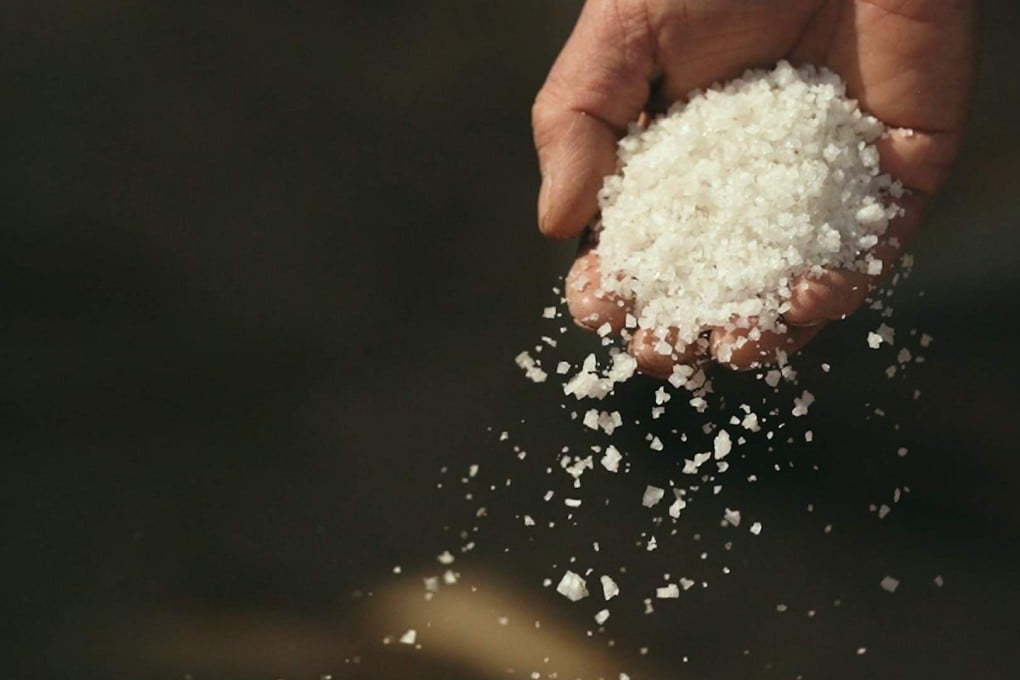Sai Kung’s Yim Tin Tsai: Learn about Hakka culture and how salt is made at Hong Kong’s last salt pan
- The small island of Yim Tin Tsai is home to Hong Kong’s last salt pan
- Decades ago, the island was abandoned, but now, its former villagers are returning to preserve their traditional way of life – and the traditional way of making salt

Just 10 years ago, Yim Tin Tsai was one of many deserted islands in Hong Kong, abandoned by the villagers who once lived there, with houses left to rot and trees growing through walls and ceilings.
It was a sad sight, says Colin Chan, 57, who grew up in the quaint village outside Sai Kung, a small town in the northern reaches of Hong Kong. When he became the village head in 1999, he began an effort to revive Yim Tin Tsai and bring it back to life.
Today, the island is home to a working salt pan, and museum dedicated to Hakka life. Yim Tin Tsai, like many islands in Hong Kong, was once inhabited by villagers with the same surname. The Chans were Hakka, which means they migrated to Hong Kong from other parts of China.
“The first Chan came down here 300 years ago, and saw this was a good place,” Chan says. “So he settled here. I am part of the eighth generation.”

Hong Kong’s Hakka population relied on farming, and raising livestock for their livelihood. To preserve food for the colder winter months, they salted meat and vegetables. Sausages, dried seafood, and pickled cabbage were part of the diet.
“About two or three generations later, one of my ancestors figured we had all this natural seawater, so why not let a little bit in to create salt?” Chan says. “So he built two openings: one to let seawater in and another to let it flow out.”
